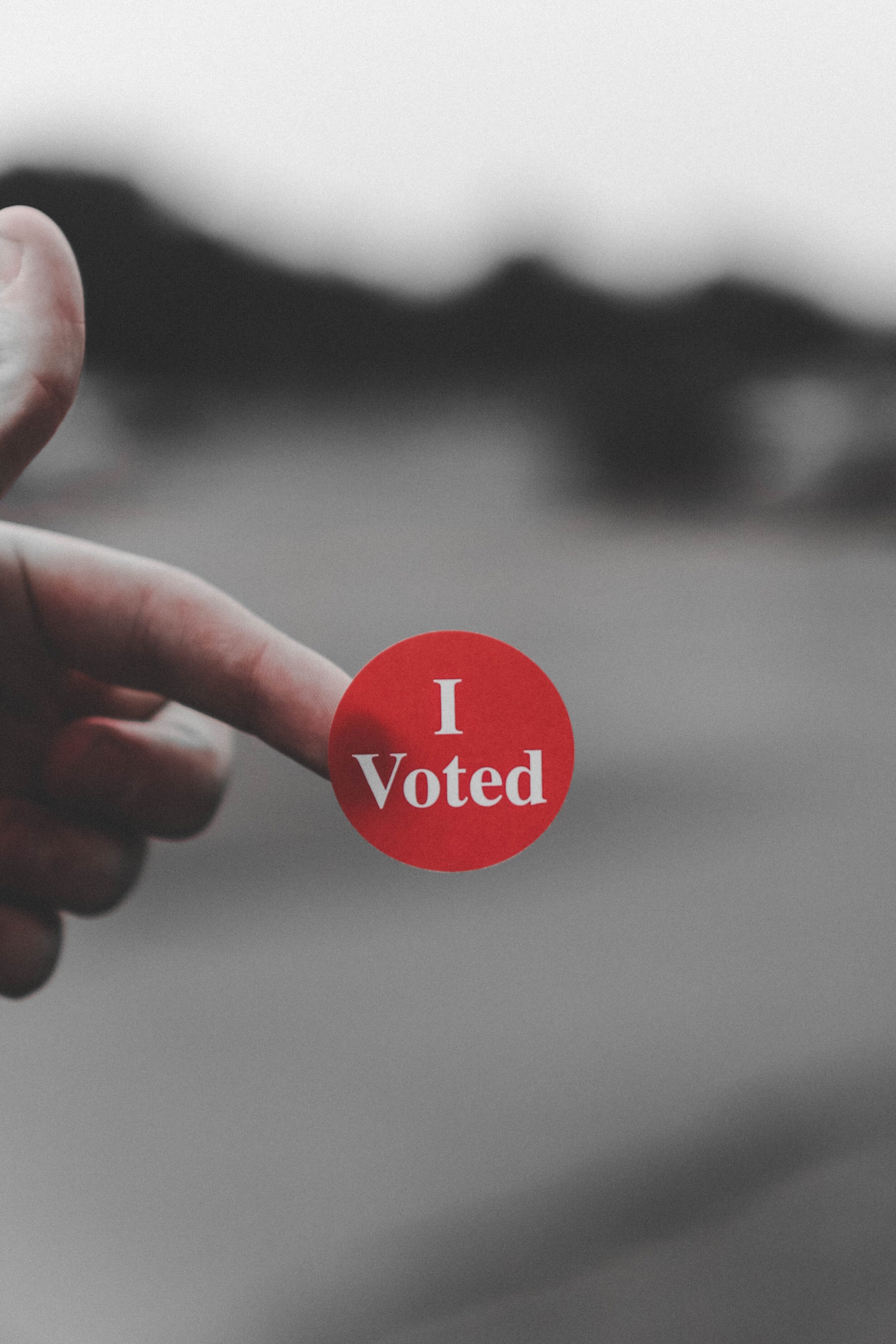Uniting against an enemy much more serious than Covid-19
By Mark A. Taylor
Big players in the “cutthroat world of pharmaceuticals” are cooperating as never before in the quest to find treatments and a vaccine for Covid-19. According to a Wall Street Journal report last Saturday, nine firms took the rare step of agreeing together not to rush a vaccine to market in an effort to gain competitive advantage against each other. The companies are sharing research and manufacturing capacity in order to make solutions widely available as soon as possible. “Old adversaries are uniting around a common enemy: the new coronavirus,” the article said.



While we seldom speak of unity among drug companies, it’s a favorite theme among Christians. We preach sermons on “one body, many parts, one Spirit” (1 Corinthians 12). We laud cooperative efforts across denominational lines to combat poverty, address racism, or feed the hungry. We quote a verse that has become a favorite: “How good and pleasant it is when brothers dwell in unity!” (Psalm 133:1).
But in a polarized America, unity among Christians is threatened. Nowhere is this seen more dramatically than in a casual scan of your favorite social media platform. Many have given up on Facebook, for example, because they cannot cope with the strident posturing, ugly accusations, and all-around vitriol posted there as the U.S. presidential election draws near.
In fact, I fear some readers will click off this post at this point because they’re exhausted by the election rhetoric confronting them at every turn. Many would resonate with a tongue-in-cheek marquee message I saw outside a store near my home: “I just saw a nonpolitical ad and wept for joy.”
More important than politics
But please stick with me, because this post isn’t about politics, but about something much more important.
My question for every Christian: “What will you do to foster unity once this election is behind us?”
It’s not an academic issue. Just this week comments under one Facebook post claimed, “I don’t see how you can call yourself a Christian if you vote Democrat” followed by another who wrote, “I don’t see how you can call yourself a Christian if you vote Republican.” Is unity possible with attitudes like these?
I corresponded this week with a Christian who told me how hurt she had been by church leaders and even a former pastor who “gleefully joined” in personal attacks against her on Facebook. “At first, I attempted to discuss issues,” she wrote, “but I quickly saw those conversations degenerate into name-calling, ridiculing, and shaming.” This woman isn’t giving up her faith, but she said such a spirit explains why she has hang-ups about the church.
No solution, not a savior
Like many, I have trouble ignoring political positions fervently expressed when I believe they’re wrong. And like some, I’m tempted to believe our nation is doomed if we allow those who are wrong to win. But regardless of what happens in America, the church can prevail. We may forget that democracy is a relatively new experience in world history and that the first church flourished in environments where evil leaders ruled, citizens had no rights, and the church was ignored if not persecuted. We Americans are so accustomed and committed to the rule of the majority that we slip into believing government is always the solution, if not the savior.
But Scripture won’t support us there. Jesus said, “Give to Caesar what is Caesar’s.” But Caesar doesn’t own our hearts. Jesus said, “By this everyone will know you are my disciples, if you love one another.” But what do nonbelievers conclude when they see Christians confronting each other with disgust or disdain? And what do they believe about a Christian’s ultimate authority (dare I say worship) when that Christian speaks most often and most passionately about a political position instead of the gospel invitation?
Seekers and cynics
God is interested in something far more important than who’s elected this year. When Jesus prayed just before his crucifixion, he prayed for you and me, “that they may all be one . . . so that the world may believe that you have sent me.” This is why unity is such a vital pursuit. Not so we can feel good about each other or gather in some great “Kumbaya” chorus in the sky, but so that seekers and cynics can see something in us that’s unseen anywhere else, a love inspired by our faith in God.
The fact is that all of us Christians—the Trumpites and the never-Trumpers, the conservatives and the progressives, most certainly the Democrats as well as the Republicans, all of us who claim the name of Christ—have a common Enemy. And our enemy, Satan, has far more power to hurt than even costly Covid-19. Jesus calls him a thief who “comes only to seek and kill and destroy.”
Like drug companies rising above profit and pride and personal interests, we must unite to fight our common enemy. Satan, not a political antagonist—especially another Christian who disagrees with us—is the only adversary that matters. The work demanded to defeat him is big enough to engage and unite us all. And it will continue long after this week’s election is history.
“I voted” photo by Parker Johnson, Covid test photo by Mufid Majnun, smartphone photo by Rodion Kutsaev on Unsplash
